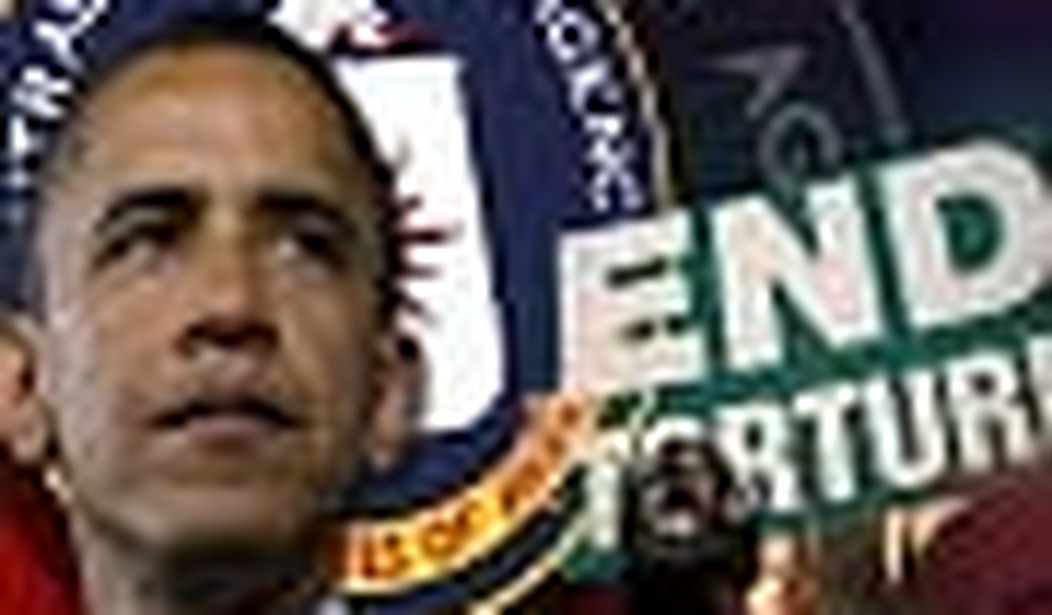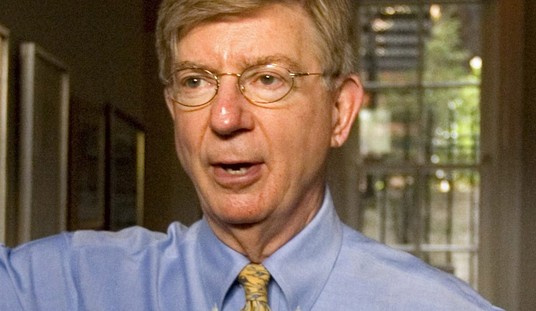He was paid by a stranger walking through an airport who handed him a paper bag full of foreign currency. Sometimes it was in British pounds, sometimes in Japanese yen, but always a preferred currency. He would have bet on the denomination from week to week, but he had no one with whom to bet.
There was no real record of his existence. There was no personnel file at Langley. At most, there was a letter someplace rejecting his application to the CIA and thanking him for his interest. But even this probably didn’t exist. In fact, he had never been to Langley. He had not been trained on the farm (actually there are several farms), but overseas by private contractors, former British SAS, whose names he didn’t know and who didn’t know his. In a few cases, he lived with them while they trained him. When he moved on, so did they.
His first mission was to crawl through a tunnel into East Berlin and bring out an “asset” the U.S. wanted. On the West Berlin side he met Germans he didn’t know, whom he had to trust with his life to take him over to the other side. They were German nationals working for the U.S., part of an intelligence network reconstructed after the evisceration of the CIA by another political media star, Senator Frank Church. The senator wanted to be president, and chairing a committee parading the nation’s intelligence secrets day after day before the world’s cameras was to be his ticket to the White House.
Intelligence networks built up over decades collapsed as operatives feared that in America’s eagerness to do what no nation state had ever done — expose its deepest secrets to the world — they too would be exposed. Some piece of paper with their names on it would be waved before the world’s media in order to advance someone’s political agenda, even as two KGB officers dutifully and quietly sat at the back of the hearing room. One can only imagine what thoughts ran through their minds.
My friend came back safely from East Berlin and subsequently parachuted behind enemy lines in the Balkans to fight a war that America was “never involved” in but had perceived interests in.
Like a number of denizens of the netherworld where America’s secret wars are waged, my friend could not have been roused to sit in the audience at Langley and applaud President Obama’s rationale for releasing the secret memorandum on what is being called “torture.” My friend would have left others to determine what is and isn’t torture and what should be the new administration’s appropriate policy prescriptions. His anger would be directed at the public disclosure of intelligence that ultimately would have put him in harm’s way because the foreign nationals we need to work for us would have scurried into oblivion. Once again, vital networks would have imploded, and once again the process of recruiting new networks would be more arduous and ultimately comprised of lesser stuff. All of this would have been inconsequential to the secretaries, administrators, and analysts who formed the compliant audience that applauded President Obama at the CIA. My friend would have thought about what a foreign national working for us would think of his own security if he could turn on the television and watch the Obama administration threaten to throw Condoleezza Rice to the jackals.
Maybe my friend would look at his leg that never healed properly after he was caught and beaten by police in a foreign country for being where he shouldn’t have been. He never admitted that he was spying or even that he was an American, and despite the beating, he talked his way out of a dangerous situation. His injury disqualified him for field work, and he was not the type to sit at a desk and push paper. Last I saw him, he was thinking about exchanging some of those preferred currencies and going into business. No doubt, he watched Obama’s CIA press conference and thought he was seeing a rerun of the Church Committee. He probably thought that beating years ago was a blessing in disguise.









Join the conversation as a VIP Member